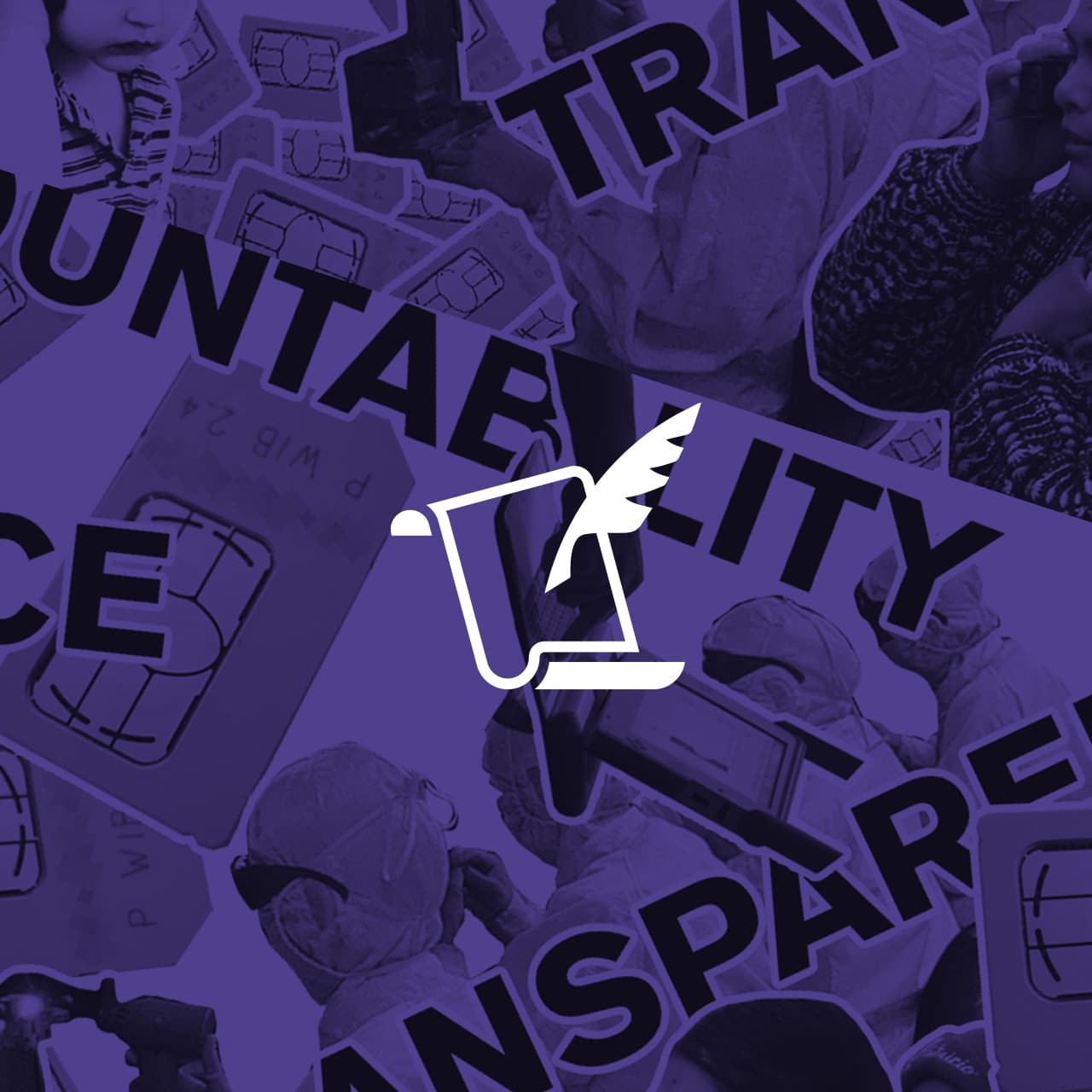Contribution by Grégoire Delette
On July 14th, the European Union and the United States kicked off the sixth round of negotiations of what could be the world’s largest trade pact — the Transatlantic Trade and Investment Partnership (TTIP). The negotiations, which have been taking place for more than a year, are about opening markets on both sides of the Atlantic for exchange in goods, services, investment, and public procurement.
The substance of these talks leaves much to be debated. But the lack of transparency of this entire process remains a major obstacle for citizens and civil society participation in the process, and the attempts at more transparency made by the European Commission are either weak or deceiving.
Keeping us in the dark
The work of civil society representatives on TTIP is complicated by the lack of access to official sources, leaving groups with no other option but to work on the basis of a few leaked documents. This limited access to documents was agreed upon even before the start of the talks via an exchange of letters between the European Union’s chief negotiator and his United States colleague.
In this correspondence, the EU negotiator assured that “all documents related to the negotiation or development of the TTIP agreement, including negotiating texts(…) will be held in confidence.” The letter also explained that, while, according to the European Regulation on public access to documents, negotiation texts should made available to the wider public, the European Commission used the exception of “protection of the public interest as regards international relations” in order to keep those texts secret for up to 30 years.
Along with civil society, the European Parliament is also being kept at distance from the negotiations: In the aftermath of the Snowden revelations, the Civil Liberties committee of the European Parliament issued a statement asking for data protection rules to be excluded from the negotiations — yet this contentious issue was debated in several occasions during the talks.
Smoke and mirrors
In order to avoid repeating the same mistake as during the negotiations on ACTA, the European Commission launched several initiatives regarding TTIP, arguably to improve stakeholder participation in the talks. For instance, after each round of negotiations, the Commission organises a “stakeholder briefing” where negotiators brief industry lobbyists and civil society groups on the issues discussed during the round. But the structure of those meetings, in which various questions are raised in a rapid-fire manner, hasn’t allowed for more than a superficial look into those complex issues. In addition, those meetings were originally named “dialogues” but participants complained about the description, arguing that they couldn’t actually make any input before the actual negotiations — they could only comments after the fact. The Commission “solved” the problem by naming the following meetings “briefings”.
The Commission has also attempted to improve transparency by launching a consultation on the highly controversial provision on Investor to State Dispute Settlement. However, the consultation does not seek to address concerns about the inclusion of ISDS in TTIP, but only to gather comments on its implementation and scope, as Commissioner De Gucht recently made clear when he affirmed : “The terms of this debate should not be: ISDS or not ISDS. […] The question is: what sort of ISDS do we want?”. The consultation, that closed on July 13, drew more than 150.000 responses. In response to this unexpected public attention, the Commission stated that it will consult the European Parliament and the Council of the EU on this provision.
Finally, the Commission established a special advisory group of experts to include more stakeholders in the talks. Even though this was a step in the right direction, it was unfortunate that the selection process was so opaque.
This lack of transparency is a recurring problem. Just last month the European Ombudsman — tasked with the investigation of complaints about maladministration in the EU institutions — launched an investigation on the composition and transparency of the European Commission’s expert groups. Moreover, it is unclear what, exactly, these experts’ role is, and how they can accomplish that role with only limited access to selected documents.
Additionally, the Commission’s justification for secrecy is puzzling considering what we learned from the Snowden disclosures. At the beginning of the TTIP negotiations, both the United States and the European Union explained that a certain level of secrecy in the talks would be needed as negotiating a treaty is “like a card game”: you don’t want to show the other player your cards. However, the US might have a technical advantage in this “game” as the Snowden disclosures revealed that the NSA has spied on several European Union offices and diplomats, gaining access to private discussions, emails and internal documents. If the documents are accessible by the other negotiator, why must they be kept secret from the citizens?
A call for transparency
As European citizens have started to protest against the lack of transparency and public debates surrounding this trade agreement, representatives of civil society have addressed a letter to the EU Commissioner for Trade. This letter, signed by more than 250 NGOs including Access, is a call for for transparency in the negotiations and the release of negotiating texts. Transparency is of paramount importance, argued the letter, because TTIP isn’t so much about traditional issues like tariffs, but is an attempt to regulate and harmonise our standards of living, “from the quality of the food we eat to the safety of chemicals we use, the energy we consume.” If TTIP is adopted, it will have a strong impact on our economy, our society, and our daily lives. As such, these important decisions shouldn’t be made behind closed doors.
As the sixth round of negotiations conclude, and as we look ahead to the seventh round, Access reaffirms its call to the negotiators from both sides to conduct the talks in transparency, to ensure open meaningful participation of all stakeholders in negotiations, and provide access to negotiation documents.
